In Cassandra, Mattis Herman Nyquist and Fredrik Høyer continue their dramatic project, which in its distinctive way, in monologue form, depicts the individual’s need for human contact. Now in collaboration with actress and artist Benedicte Izabell Ekeland.
Out of nowhere, Cassandra emerges in the theatre space. She doesn’t quite know who she is, but she needs to be heard. From a wordless place detached from time and space, she begins to speak.
And she doesn’t stop.
She tries to make us understand her – but is it perhaps impossible?
Therefore, Cassandra searches for meaningful connections in an apparently disconnected world and incoherent everyday life. Is it even possible to believe in another possible world or to understand other people? How can we understand what we cannot bring ourselves to believe?
Cassandra is a voice that, through a serious and realistic, yet dreamy and playful text, enters a language that challenges itself in its quest for meaning.
In Cassandra, Mattis Herman Nyquist and Fredrik Høyer continue their dramatic project in monologue form, which in its unique way, portrays the individual’s need for human contact. Now in collaboration with actress and artist Benedicte Izabell Ekeland.
As stated in the press:
Izabell received a standing ovation and well-deserved applause after the premiere of Cassandra! The audience was captivated and gave a mutual embrace to this pink hug of a performance!
In Cassandra, text, light, music, and especially Izabell’s performance seamlessly merge into a higher unity. And Izabell delivers a powerful performance standing alone on stage! In a brilliantly written monologue, she takes us on a rollercoaster ride of wordplay! Almost like the northern lights, she moves in a shifting pattern, elegantly alternating between everyday situations, and it seems like she has been in comedic training, to then present poetry so beautifully that tears well up.
Aftenbladet’s reviewer was also both impressed and enthralled. He begins his review with the following question: ‘Hip hop artist Izabell, all alone on the theater stage. Can it go well?’ And answers resolutely ‘Yes.’ He justifies it, among other things, with: ‘(…) from the outset, Izabell commands the space. She has made Høyer’s excellent Norwegian text her own, in the Stavanger dialect.’ He continues: ‘She has a sense of both timing and melody. Language is rhythm and melody. This understanding is absolutely necessary to perform a text that alternates between the everyday and the poetic. Yes, and it probably helps to have stage experience, to be able to radiate that you are confident, to be able to take the space, hold an audience.’ And therefore, he rewards Cassandra with a strong five on the dice.
